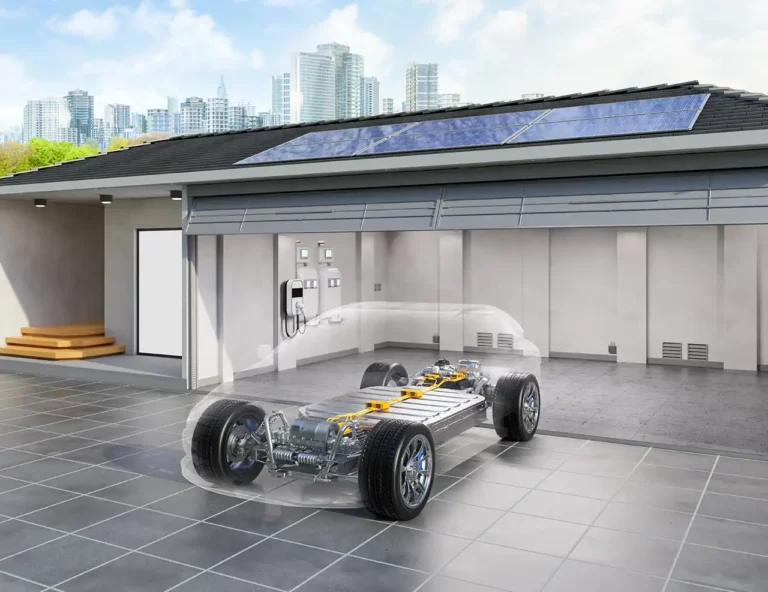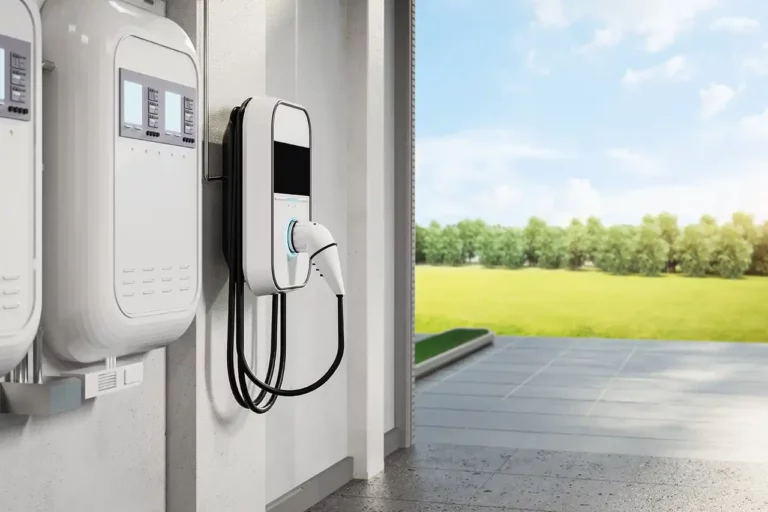Expertly installed EV chargers for convenient, efficient charging at home or work.

EV charging refers to the process of supplying electric vehicles (EVs) with power to recharge their batteries. It can be done at home and work and by using live data, we can utilise the greenest, cheapest energy available. The charging speed varies based on the type of charger and the vehicle's battery capacity. As electric vehicle adoption grows (now nearly 20% of all new vehicles), efficient and widespread charging infrastructure is becoming essential to support this transition to sustainable transportation and charging at home and work, you should never be short.
Combining solar PV (photovoltaic) with EV charging is a sustainable solution that allows electric vehicle owners to charge their cars using clean, renewable energy. By installing solar panels at home or business locations, excess energy generated during the day can be stored in batteries or used directly to power EV chargers. This integration reduces reliance on the grid, lowers carbon emissions, and can save on energy costs. It's a smart way to make the charging process even greener, making the transition to electric vehicles more environmentally friendly.
At Oakpark Energy, we’re committed to delivering exceptional renewable energy solutions tailored to your needs. Here’s why we’re the trusted choice for homes and businesses.

No, in most cases, you do not need planning permission to install a home EV charger as long as it meets certain size and placement requirements. However, if your property is listed, in a conservation area, or a commercial premises, you may need to check with your local authority.
The cost varies depending on the charger type and installation complexity. A standard home EV charger installation typically costs £800–£1,500, while business installations can be higher due to additional electrical work and multiple units. Grants may be available to help reduce costs.
Yes, but it’s not recommended for regular use. A standard 3-pin plug is much slower and can take over 24 hours to fully charge an EV. A dedicated EV charger is much faster and safer, reducing charge times to around 4–8 hours, depending on the charger power.
Yes, charging your EV will increase electricity usage, but it can still be cheaper than fuel. Many EV owners switch to an off-peak tariff to charge overnight at a lower rate, reducing costs further.
Yes! Pairing an EV charger with solar panels can significantly reduce charging costs and carbon footprint. Some smart chargers can prioritise solar energy for charging, making your EV even more eco-friendly.